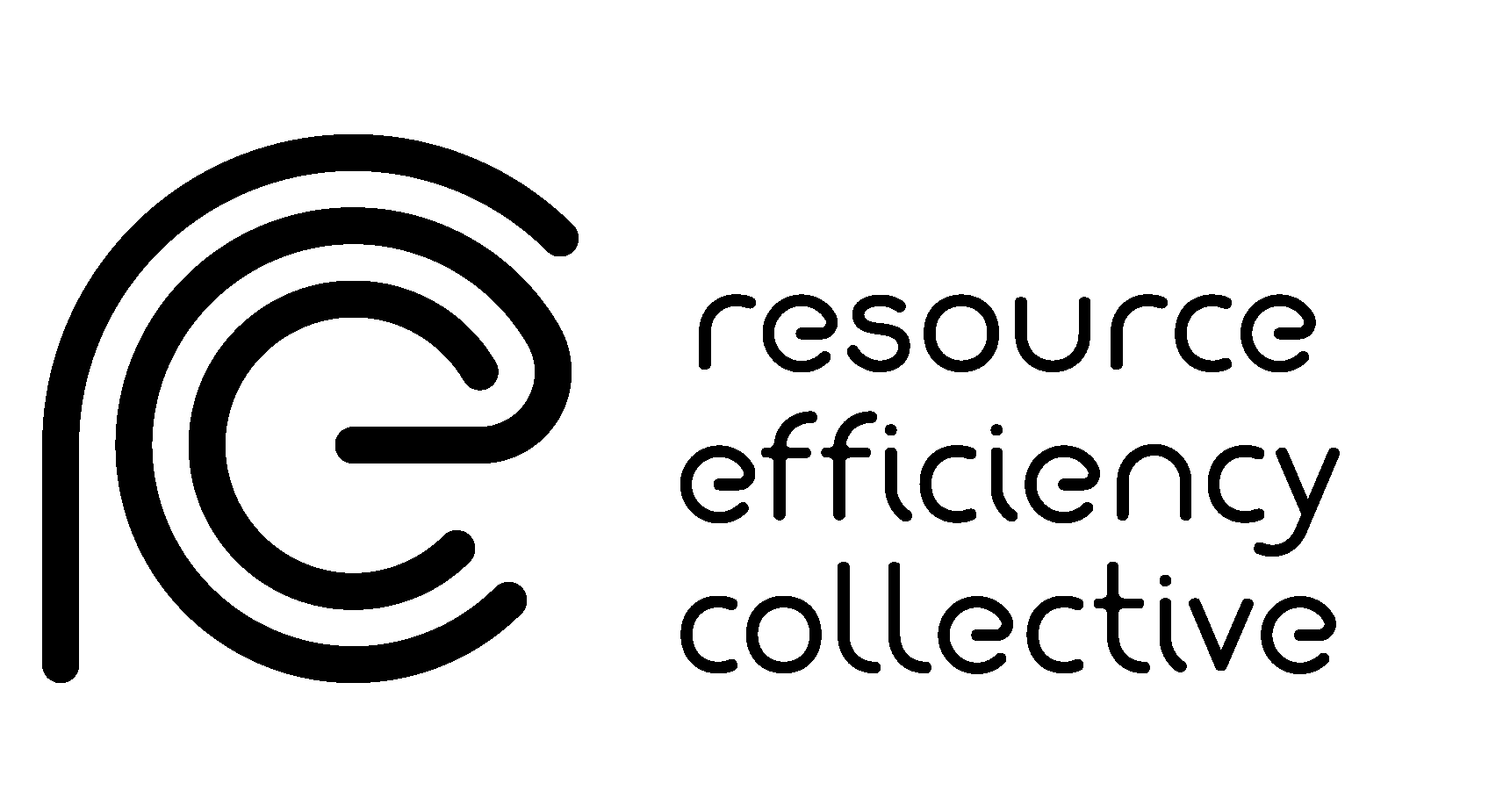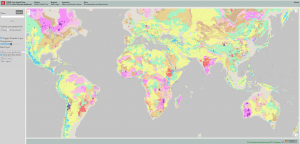Exergy: A universal metric for measuring resource efficiency to address industrial decarbonisation
To achieve agreed targets for reducing global carbon emissions, industry must become more resource-efficient. To this end, two viable strategies exist: energy efficiency and material efficiency. Despite the inherent interdependence of energy and materials in industrial processes, policy and industry treat these two strategies as isolated pursuits, which provides only a partial insight into potential gains from resource efficiency. To resolve this disconnect, we review 34 resource efficiency metrics from the literature and evaluate their effectiveness at driving the sector’s low-carbon transition. We then evaluate five selected resource efficiency metrics, in more detail, against the RACER evaluation methodology, using the criteria: Relevance, Acceptance, Credibility, Easiness and Robustness.
The results point to the effectiveness of employing a Resource Efficiency metric based on the thermodynamic concept of exergy. Exergy-based Resource Efficiency metrics score highest in Relevance and Robustness, traits which are inherent to the metric and cannot be changed. However, exergy efficiency scores lower for Acceptance, indicating further advocacy is required for it to be accepted as a mainstream measure of resource efficiency. More work is required to provide simple guides, training and software tools, to facilitate wider use of exergy efficiency in the resource efficiency narrative. We hope that this paper, is a first step towards demystifying exergy and will spur further discussion about the use of exergy-based metrics for measuring Resource Efficiency.
Read the full paper published in the journal of Sustainable Production and Consumption here:
https://www.sciencedirect.com/science/article/pii/S2352550919300879













